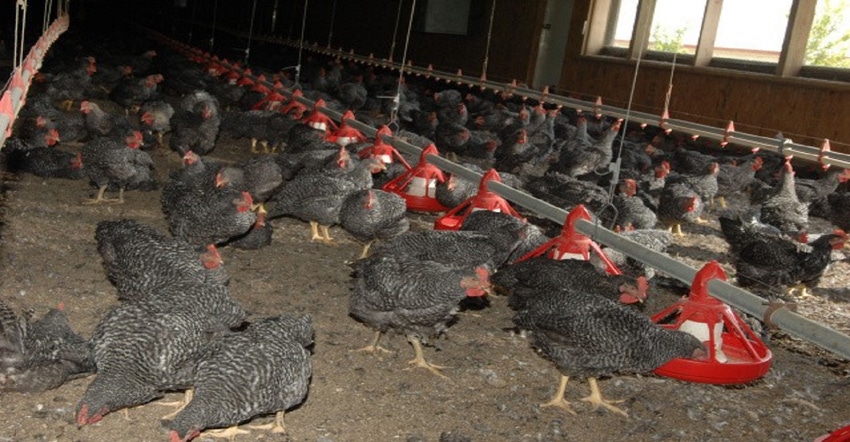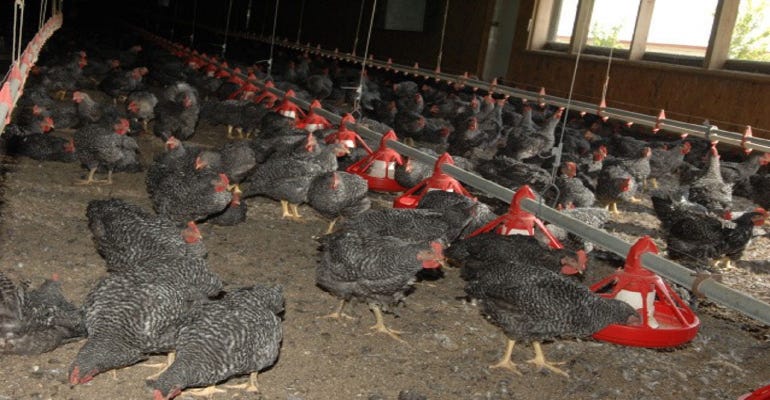As the seasons change, remember to defend your flock
Tested biosecurity measures help stop the spread of Avian Influenza in colder months. Understand the risks and follow USDA-APHIS recommendations to Defend the Flock.
October 12, 2017

Sponsored Content
During cold and flu season, we take actions to stay healthy, such as proper handwashing, coughing into a Kleenex, staying home when sick and even getting a flu shot. These practices help keep ourselves and others in our community from getting sick.
As the weather turns cooler and people start to prepare for flu season, poultry growers also need to think about their birds’ influenza risks. The key to preventing the spread of disease, especially highly pathogenic avian influenza, is staying informed about the risks and incorporating the latest biosecurity practices.
Research shows that:
Avian influenza thrives in cold, wet weather.
Migratory birds, waterfowl in particular, may show few symptoms of avian influenza, but are natural hosts and carriers of the virus, spreading the infection that can decimate domestic poultry flocks.
The virus may be transmitted indirectly through contaminated equipment and materials.

The devastating effects of avian influenza on poultry health as well as producers’ livelihoods are too great to overlook the importance of protecting your commercial flocks. There are several biosecurity practices that can easily be incorporated into consistent, daily routines as part of a best management program on your farm or operation. A few biosecurity best practices of particular importance as the weather cools down, include:
Review and renew control measures to keep poultry away from wild birds, rodents and insects, who may be looking to take up residence in warm barns and buildings.
Change clothes before entering poultry areas and before exiting the farm, and clean and disinfect any tools or equipment before moving them to a new poultry facility. In colder winter months, it may be tempting to rush through these important steps, but they are vital to protecting poultry health.
Make sure poultry feed and feed ingredients are stored in a manner that reduces exposure and access to wild birds, rodents and other animals. Colder weather means they will be hunting for easy food sources.
As always, wash your hands before and after coming in contact with live poultry.
More Defend the Flock information and new resources will be regularly made available through the USDA-APHIS website at https://www.aphis.usda.gov/animalhealth/defendtheflock.
By Jack Shere, DVM, Ph.D., USDA/APHIS Deputy Administrator, Veterinary Services, U.S. Chief Veterinary Officer
About the Author(s)
You May Also Like



